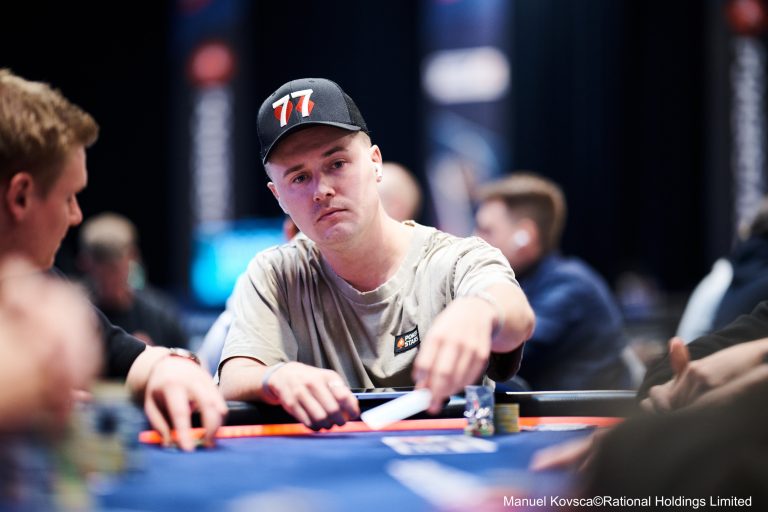Peter Eastgate made headlines across the poker world in 2008 when he became the youngest World Series of Poker (WSOP) Main Event champion at the time. His victory marked a new era of youth dominance in the game and left a lasting legacy despite his relatively short professional poker career. Eastgate’s decision to step away from the spotlight only added to his mystique, making him one of the most intriguing figures in modern poker history.
Early Life and Introduction to Poker
Born on December 13, 1985, in Odense, Denmark, Peter Eastgate grew up in a modest environment. He studied economics at Aarhus University but soon discovered a deep passion for poker during his teenage years. Inspired by televised poker and the rise of online platforms, Eastgate began to play more seriously, eventually transitioning to full-time online poker.
His mathematical background and calm demeanor at the table made him well-suited for high-level tournament play, and it wasn’t long before he started entering live events.
2008 WSOP Main Event Victory
Eastgate’s rise to global fame came with the 2008 WSOP Main Event, where he navigated a field of 6,844 players to reach the final table. At just 22 years old, he became the youngest champion in WSOP history at that time, breaking the previous record held by Phil Hellmuth.
He defeated Russian pro Ivan Demidov heads-up and took home $9.15 million, one of the largest payouts in the tournament’s history. Eastgate’s composure and mature playing style impressed both fans and seasoned professionals, who were surprised by the poise he displayed despite his age and limited live experience.
Beyond the Bracelet: A Career of Choices
Following his Main Event triumph, Eastgate enjoyed brief success on the poker circuit, with notable finishes including a deep run in the 2009 NBC National Heads-Up Championship and cashes in several European events.
However, in 2010, just two years after his life-changing win, Eastgate made a surprising announcement: he was stepping away from professional poker to explore life beyond the felt. He cited a loss of passion for the game and a desire to pursue new interests, showing a rare sense of self-awareness and honesty.
His WSOP bracelet was even auctioned off for charity, a move that gained him admiration beyond the poker world.
Return to the Game and Low-Profile Comeback
Though Eastgate returned briefly to the poker scene in 2011, his participation remained low-key. He played in select events, including the WSOP Main Event and EPT tournaments, but never fully committed to a full-time schedule again.
His approach to poker became more recreational, focusing on enjoying the game rather than chasing rankings or fame.
Legacy and Impact
Peter Eastgate’s story is often cited as a defining moment in the evolution of modern poker. His victory symbolized the rise of young, analytical players who could challenge established pros. More importantly, his departure from the game highlighted the mental toll and lifestyle challenges that often come with professional poker.
Despite a relatively brief career, Eastgate remains a respected name in the community. His win inspired a generation of European players and proved that success in poker isn’t defined solely by longevity.








